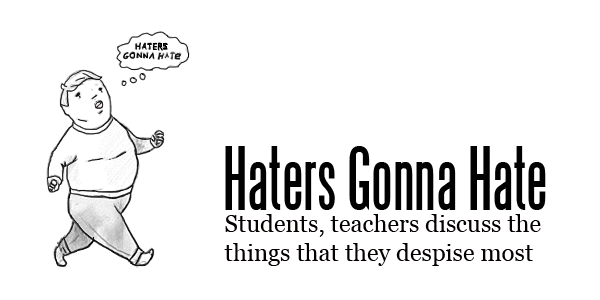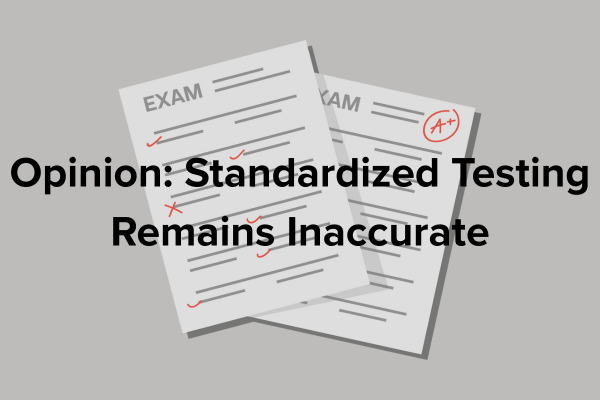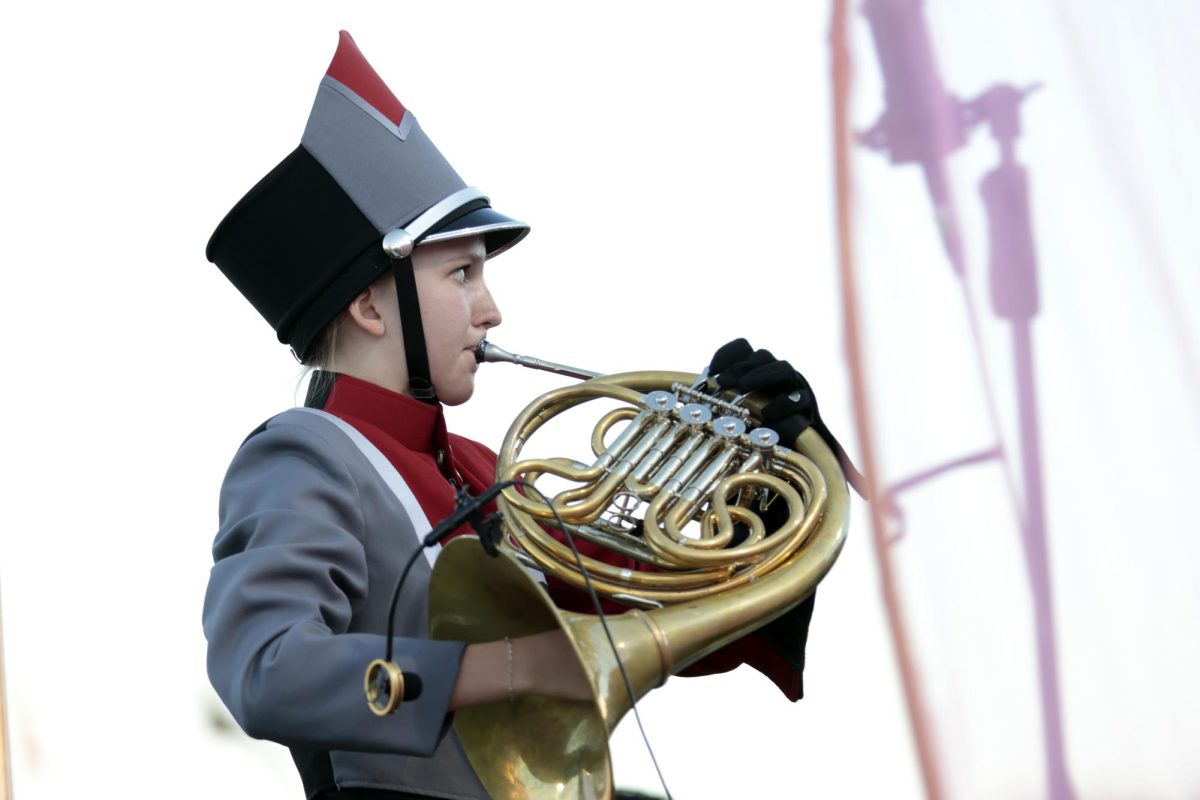Senior Zachary Cobb sits in the cafeteria. A friend approaches carrying a bag of chocolate cookies from the PTA table. Cobb chokes at the smell. Ever since he was three, Cobb has hated every aspect of chocolate.
“I liked [chocolate] as a baby,” Cobb said. “It was only once I was three years old that I started to hate it.”
Ever since he started hating chocolate, Cobb chose to keep his distance from it. When family and friends have chocolate around him, he tries to avoid any confrontation with them. When someone approaches and antagonizes him with chocolate, Cobb chooses to act.
“It makes me want to gag,” Cobb said. “When chocolate is near me, I either turn away disgusted or throw it on the ground.”
Cobb has never felt that his distaste for chocolate was weird. He thinks everyone has things they just don’t like and chocolate happens to be his. He believes he should stay open-minded to chocolate, despite his objections to it. Cobb tries chocolate every once in a while to see if he has acquired a taste for it. Although still disliking it, he thinks his ability to tolerate chocolate has improved.
“Reese’s has the only smell that I can stand,” Cobb said. “Otherwise I can’t even be near it.”
Cobb feels he manages his aversion to chocolate better than he did as a child. Even if he does not like chocolate, he believes he should allow others around him to enjoy it. Because of this, Cobb maintains his composure around people when they have chocolate. Although he feels as though one day he may change his views on chocolate, he thinks distaste of chocolate remains as strong as ever.
“The texture, the taste, the smell,” Cobb said. “Everything about it is pure evil.”
Senior Shane Donovan watches the news in his living room. Onto the screen flashes the latest report describing activities in Libya and Afghanistan. He shakes his head and sighs. Ever since he was a child, Donovan has hated certain aspects of war.
“It’s pointless,” Donovan said. “You can argue things out without putting guns in each other’s faces.”
Donovan admits he doesn’t see a problem with the physical act of violence in war. He finds one problem in warfare in which his hatred lies. He hates war because of how inescapable death becomes in a war. Without the inevitable deaths, Donovan would have no issues with warfare.
“We don’t need to kill each other,” Donovan said. “I don’t necessarily hate war, but I hate the dying part of war.”
No excuse exists for killing in Donovan’s mind. He feels beliefs and clashes in ideology can be best settled without putting lives at stake. He thinks putting things into perspective proves the best way to handle conflicts of this nature.
“The [opponents] have a family too,” Donovan said. “It’s wrong to kill for what you believe in.”
Finding it best to avoid conflict, Donovan hopes for an age where violence has no necessity. He believes people should avoid all conflict leading to war, especially when violent action has not been provoked. He plans on sharing his beliefs, and wishes for the people around him to give a second thought to the implications of war.
“We don’t have any business attacking them [other nations],” Donovan said. “We should just mind our own business.”
“He set the precedence for big government” Mr. Austin said. “He even tried to overthrow the supreme court.”
As a child, Mr. Austin grew up during the Red Scare, a period of public fear toward communism and socialism. He believes this started his hatred for FDR. He finds many of the programs put into place by FDR to be socialist in nature, and as a result, he has his negative disposition to FDR.
“Nothing he did helped the economy,” Mr. Austin said. “He used socialist methods to keep the communists at bay.”
FDR had many programs included in his series of economic programs called the New Deal. Grouped into three different stages, relief, recovery and reform, these programs sought to soften the impact of the Great Depression. Analyzing these programs, Mr. Austin finds many of the programs benefited communist sentiments and ideals in America.
“Look at all the soup programs,” Mr. Austin said. “Social Security, Medicare and Medicaid all have roots in him.”
Mr. Austin feels communism should have no place in America. He sees America as a nation of freedom, liberty and individualism. He believes that in a communist world, none of those ideas can exist in its entirety. Therefore, he hates the influence FDR’s policy had on America and hates FDR himself.
“I believe in capitalism and economic freedom,” Mr. Austin said. “The best use of my money is decided by me, not by my government.”
Enjoying lunch in the cafeteria, teacher John Davis sees a student eating french fries. As the student dips his fries into his ketchup, Mr. Davis turns away in disgust. He has hated ketchup ever since he left college.
“There are these aspects of ketchup that make my stomach turn,” Mr. Davis said. “I don’t like to see it.”
Mr. Davis had a professor in college who caused him to think this way. One day when he was in class, a classmate walked into the room with french fries and ketchup. He watched as the professor walked in while the student ate. Mr. Davis watched as the teacher abruptly ushered the student out of the room.
“He [the professor] made him throw them away,” Mr. Davis said. “He [the student] ended up having to throw them away all the way downstairs in the trash can in the Biology room.”
Once the teacher returned to class, he started to explain his hatred for ketchup. Mr. Davis listened to what his professor described as the most disgusting aspects of ketchup. Although Mr. Davis would not share the exact reasons for his disapproval of ketchup, initially hearing the reasons left him skeptical.
“Hearing them [the reasons] at first, I though they weren’t that bad,” Mr. Davis said. “But when I was in the cafeteria and I saw some [ketchup], I just couldn’t stand it.”
Mr. Davis doesn’t have a problem with ketchup when included in recipe. He likes dishes such as meatloaf which uses ketchup as an ingredient and not a condiment. However, if he ever sees ketchup used as a condiment, he can not stand it.
“Every time I see it, I just think back to that story,” Mr. Davis said. “It just grosses me out.”















